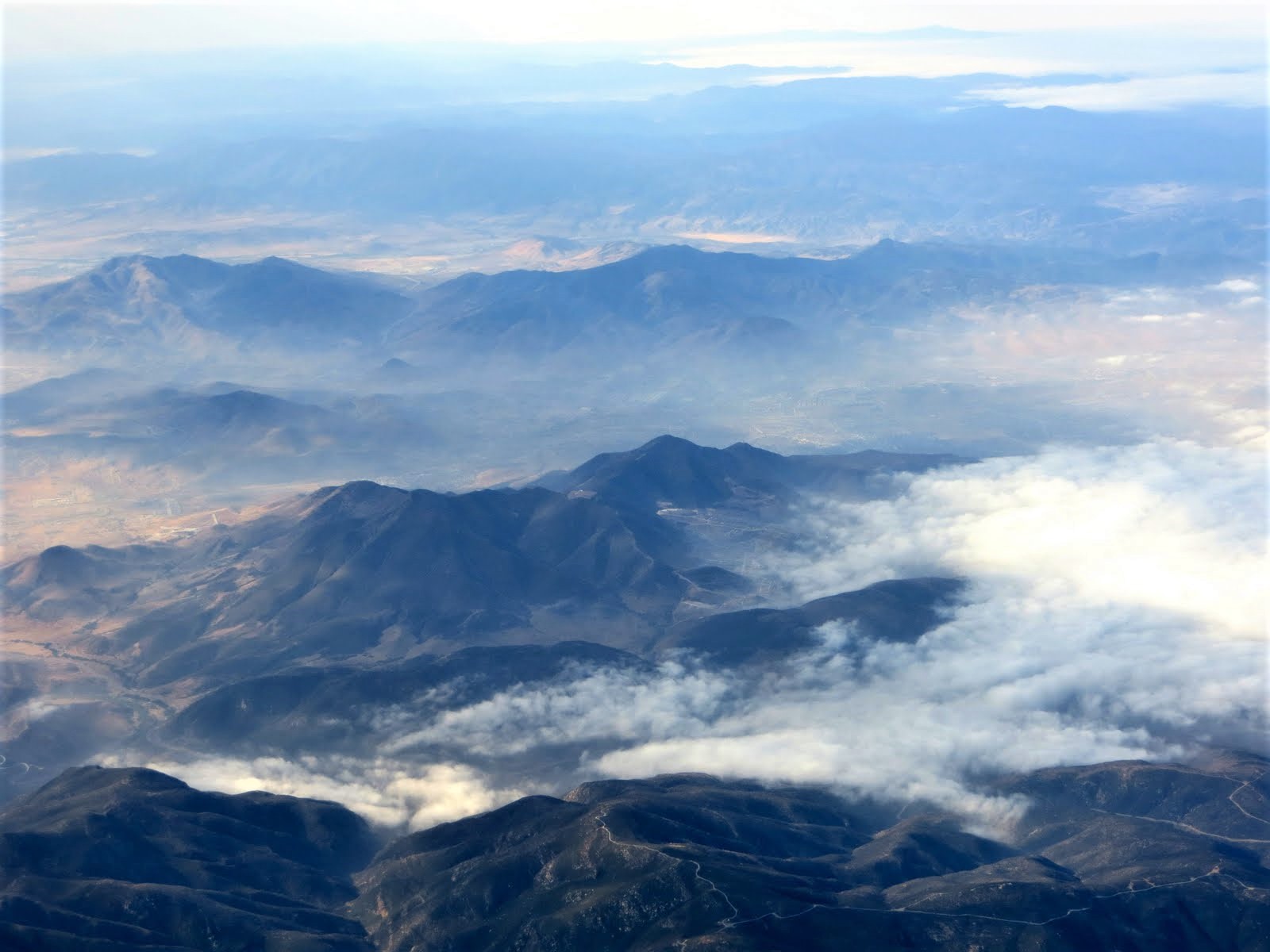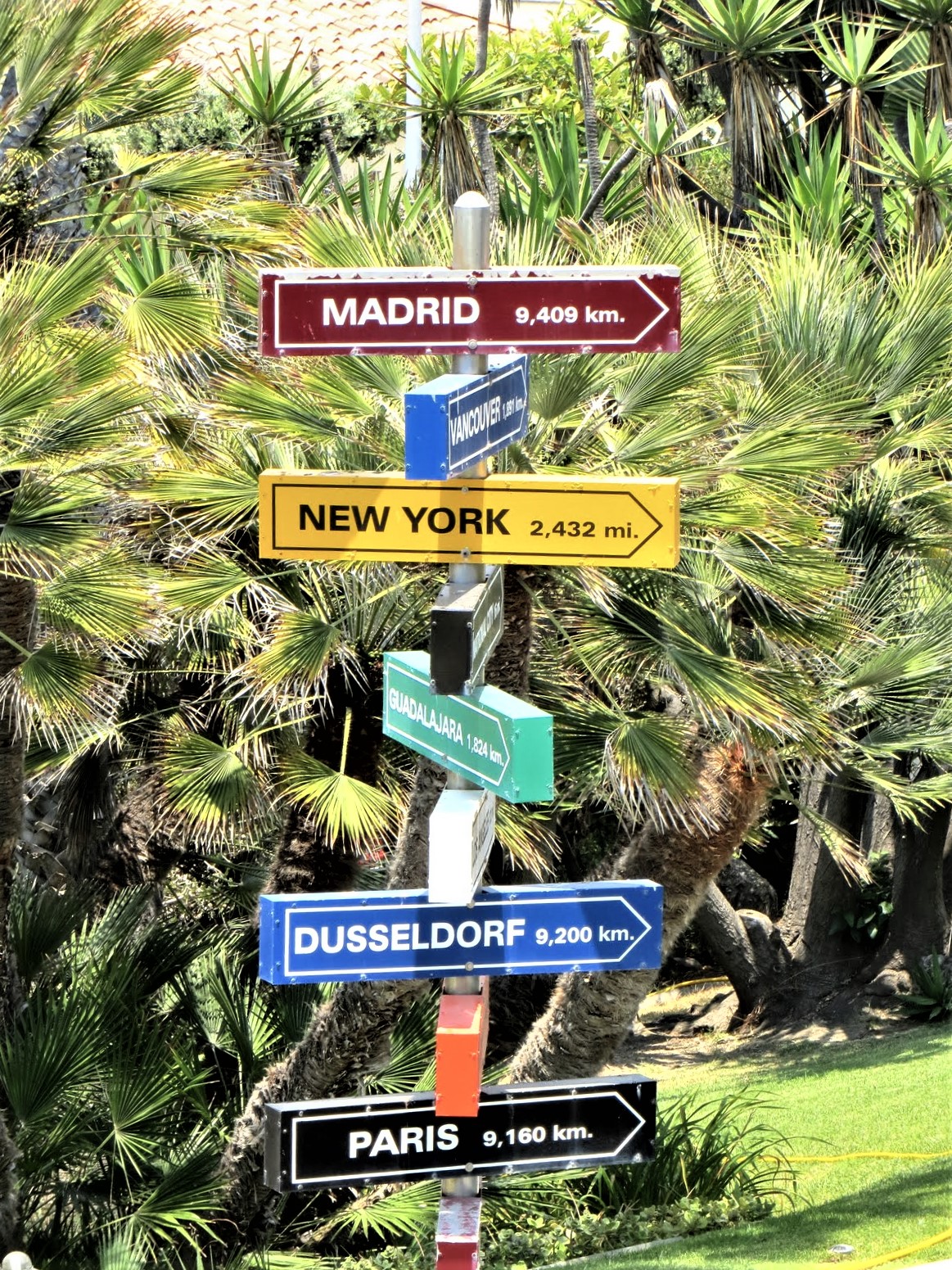 The first thing I do in a new location is to secure a library card (no, this essay is not about Libraries I Have Known, although it could be). It is like going home, to review the familiar faces of volumes long cherished; this sense of physical place and proximity is inevitably absent from e-books. And then, too, you can gather a pile of books that will serve as a bridge to connect you to your new habitat. A city becomes a world when you love one of its books, to paraphrase Lawrence Durrell.
The first thing I do in a new location is to secure a library card (no, this essay is not about Libraries I Have Known, although it could be). It is like going home, to review the familiar faces of volumes long cherished; this sense of physical place and proximity is inevitably absent from e-books. And then, too, you can gather a pile of books that will serve as a bridge to connect you to your new habitat. A city becomes a world when you love one of its books, to paraphrase Lawrence Durrell.
From California
I first discovered Los Angeles through Raymond Chandler, as a graduate student at UCLA, in the stacks of URL (the University Research Library). There was a certain satisfaction to knowing the exact turn on Sunset Boulevard that Philip Marlowe takes to head into the Hollywood Hills; not to mention the vicarious thrill of discovering that the victim’s body was found in Westwood (not far from my studio apartment which was shaded by a glossy grapefruit tree just outside the door). However, Chandler ungratefully maligned LA as “just a big dry sunny place with ugly homes and no style” (The Little Sister) and “a city with all the personality of a paper cup.” “Hollywood is wonderful. Anyone who doesn’t like it is either crazy or sober.” Which is puzzling, because “one would think a writer would be happy here—if a writer is ever happy anywhere” (The Big Sleep). Chandler’s LA-on-a-hangover, however, is far less toxic than The Day of the Locust, decanted by Nathanael West.
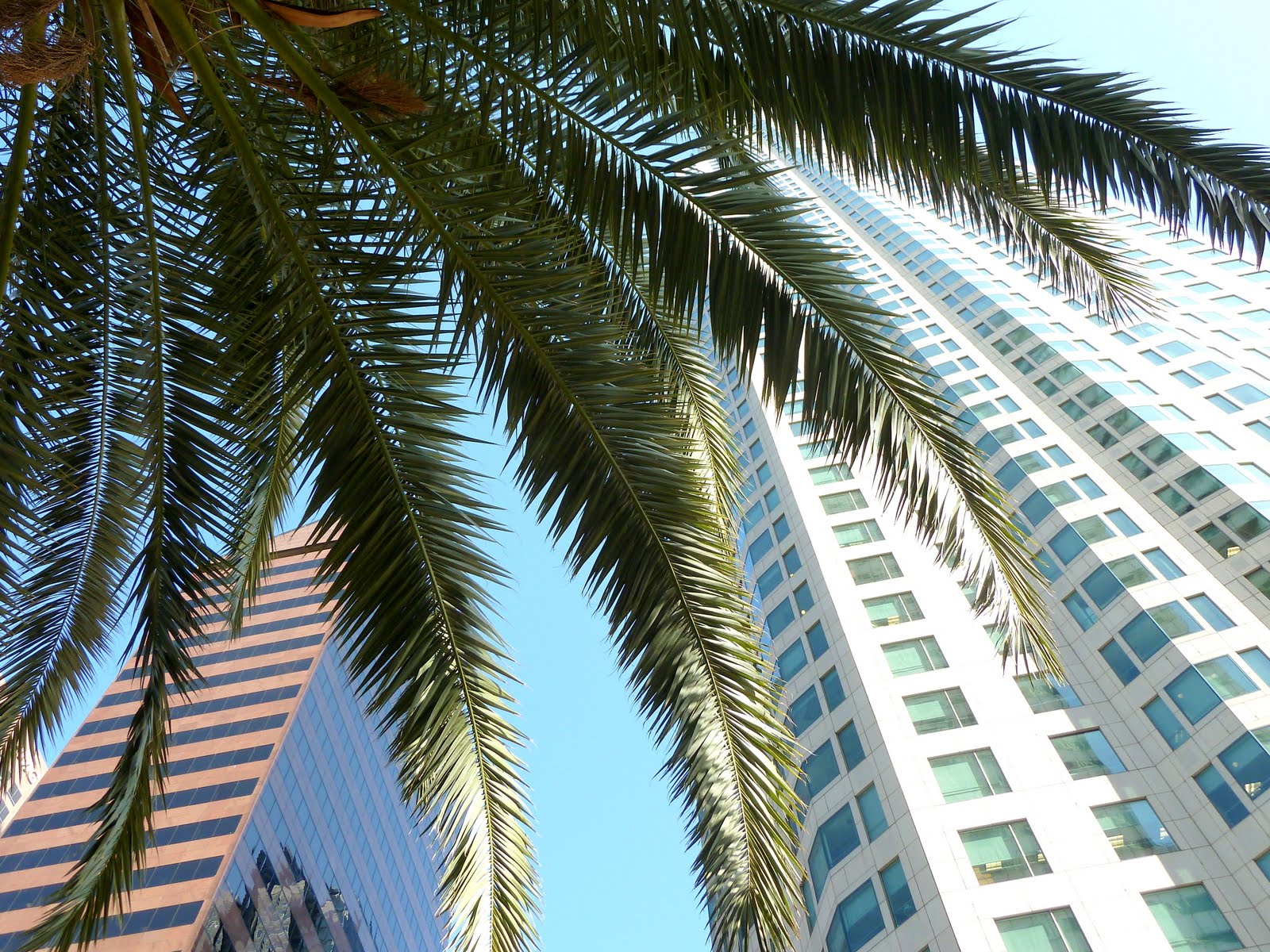
I bought Jim Paul’s Medieval in LA just because of the title, an impossible contradiction in neo-modernist Los Angeles, where “historical” means anything before 1970. The novel was erudite and entertaining, melding philosophy and whimsy in equal parts, leaving you stirred but not shaken. It also enabled me to discover one of my favourite desserts on the planet, the three-berry cake at Sweet Lady Jane Bakery on Melrose Avenue.
As Mark Twain said, Los Angeles is “a great place to live, but I wouldn’t want to visit there.” Most East Coast aliens prefer San Francisco; after all, it is the sort of city that can inspire even self-satisfied Stanford affiliates to literary success. Graduate student in economics Vikram Seth constructed Golden Gate, an entire novel in verse; he also wrote the heavy (it weighs over two pounds) A Suitable Boy, which is curiously addictive and can only be characterized as Jane Austen in Bombay. Carl Djerassi, a Stanford Professor of Chemistry, accumulated a pile of medals, money, famous artworks and his face on a postage stamp; he also contributed to “science in fiction” such as the thought-provoking Cantor’s Dilemma. Of the numerous English faculty in Palo Alto who have churned out successful novels, I prefer the “science of fiction” approach in Graphs, Maps, Trees: Abstract Models for Literary History by Franco Moretti and Alberto Piazza. But you may find the application of statistics to fiction to be territory that is more foreign than Maine appears to an Angeleno.

To Brunswick, Maine
When I realized that I destined to be a professor at a Small College in Maine, I bought a heavy wool coat that was on 75 percent discount because nobody else in Los Angeles wanted it (economists call this arbitrage). Then I went off to URL to borrow a History of Bowdoin College. But to my surprise it was already out on loan; who else at UCLA had an interest in a school located on the wrong coast? I found out that poetry was the most popular form of literature in the 19th century, and Bowdoin’s Longfellow was the most popular American poet. Harriet Beecher Stowe (some say) wrote part of Uncle Tom’s Cabin on campus, but I would dissuade you from disinterring either the abysmal book or the movie: “great novel”? I think not.
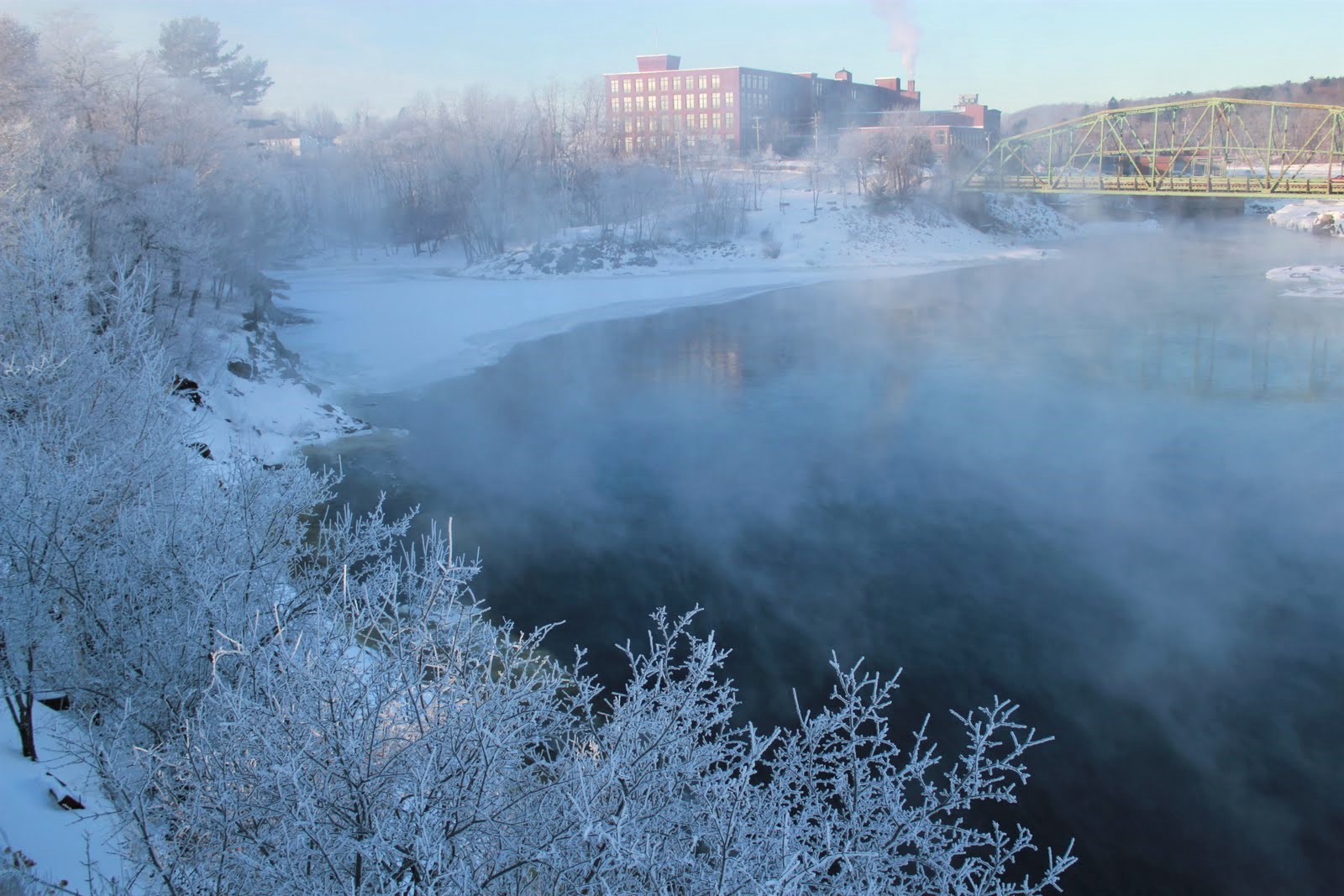
By contrast, you will be enthralled by The Killer Angels, written by Michael Shaara (avoid anything written by Jeff), whose central character is Joshua Lawrence Chamberlain. Be warned that this novel has certain side-effects: it will alienate all your friends, because you will feel compelled to enlighten them about the 20th Maine, Buford, Longstreet, Lee, Pickett, Armistead and the hapless Jeb Stuart, and it may even foster an unhealthy obsession with the Civil War. Chamberlain is buried in the cemetery near the Bowdoin Pines, and I encountered a stalwart FBI employee there who was looking for the grave and could not find it—America’s Most Wanted should rejoice! Maine is an aquatic state and, even though his river journey is in the Carolinas, one of the most pellucid descriptions of a waterland is Bowdoin professor Franklin Burrough’s The River Home.
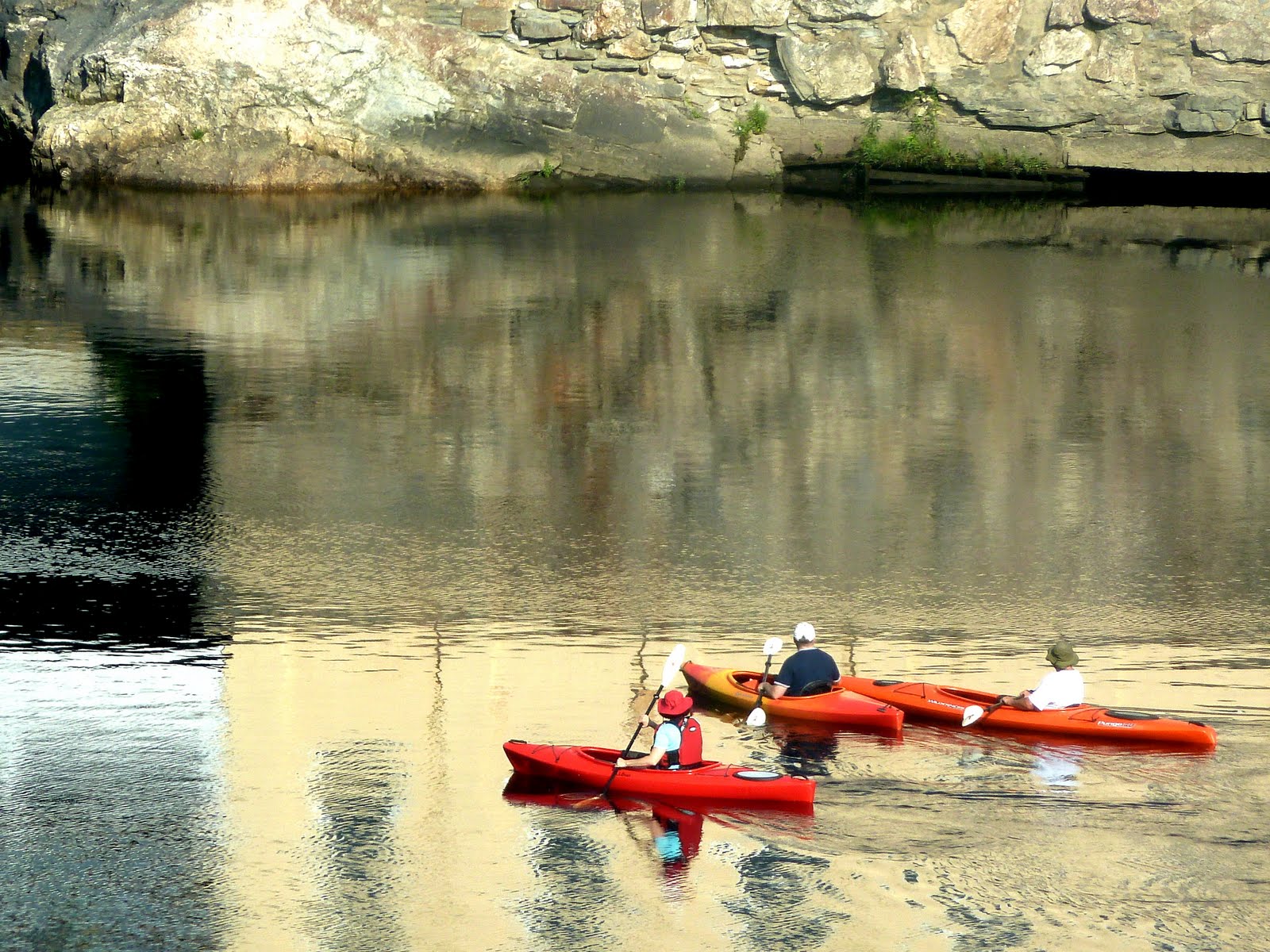
Via Granada, Spain
I knew I would be captivated by Granada when we got off the plane and entered the Federico García Lorca airport (can you name a single American airport that is named after a poet?). Of all the pictures of Spain in my mind, the most evocative is of sitting on the steps of the Cartujan Monastery in Granada for two hours in the early afternoon, waiting for it to re-open, while the monks no doubt indulged in a refreshing nap. I had bought the latest book by Carlos Ruiz Zafón (you should read Shadow of the Wind and Angel’s Game, but maybe I need to write a separate entry about Barcelona).
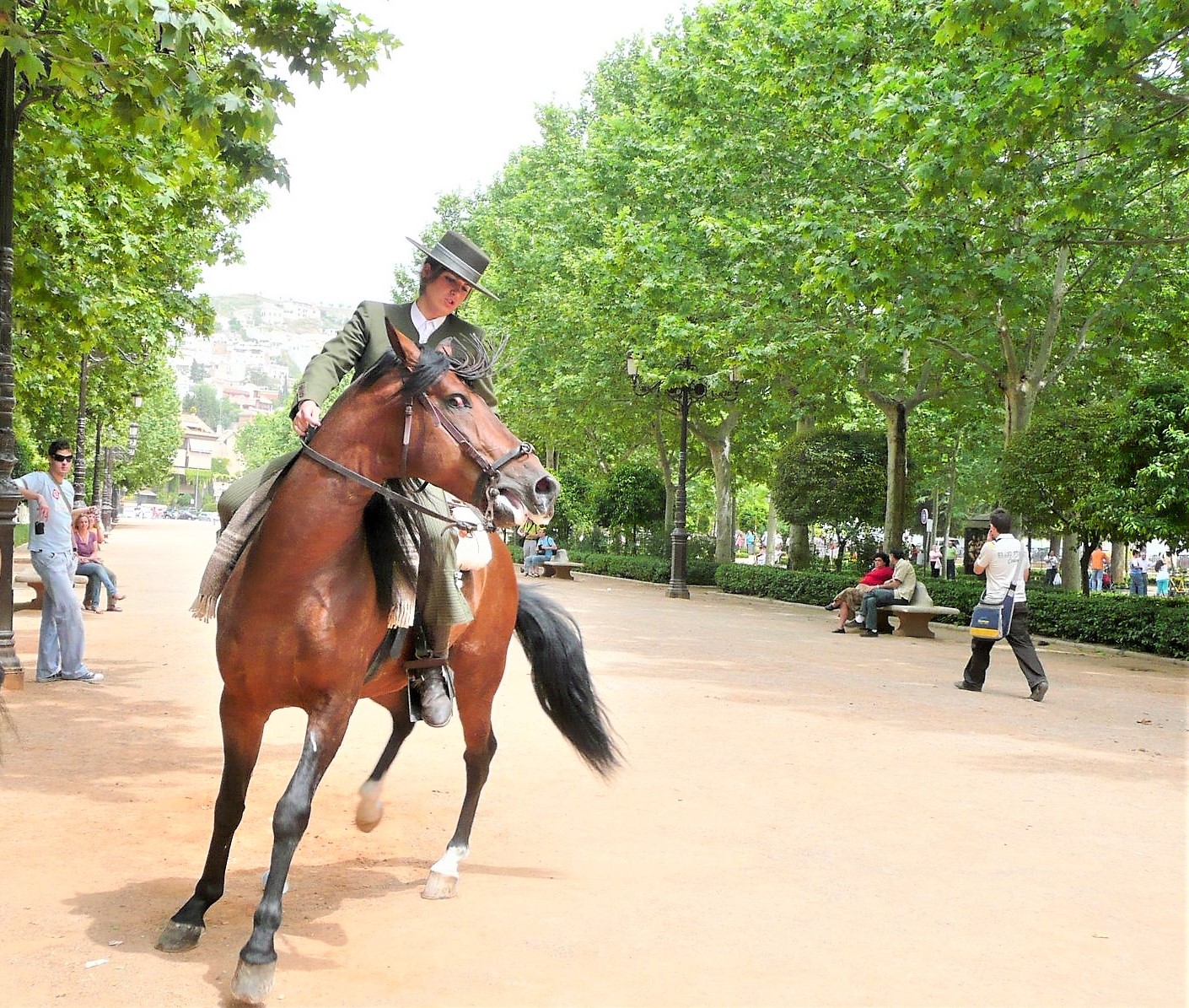
Then we went into a used-book store and I found a copy of Antonio Machado’s poems. Previously his poetry had not appealed to me: too lush and emotional, especially from the perspective of a Maine winter. But, as I read there in the steamy sunshine, surrounded with discontented bees and the bright scent of the blossoms on the monastery’s orange trees, the words suddenly seemed apt:
Llamó a mi corazón, un claro día,
con un perfume de jazmín, el viento
…Tarde tranquila, casi
con placidez de alma,
para ser joven, para haberlo sido
cuando Dios quiso, para tener
algunas alegrías…lejos
y poder dulcemente recordarlas.
-Soledades, Antonio Machado
[“The wind called to my heart one fine day with the perfume of jasmine …a peaceful afternoon, almost as peaceful as the soul…”]
¡Que no quiero verla!
Que mi recuerdo se quema.
¡Avisad a los jazmines
con su blancura pequeña!
¡Que no quiero verla!
I don’t want to see it!
Let my memories consume themselves.
Warn the jasmine blossoms
in their minute whiteness
That I don’t want to see it!
-La Sangre Derramada, Lorca
At its best, travel colours your appreciation of home more vividly, as when Pablo Neruda reminds the listener that “the pines in the wind want to sing your name with their leaves of wire.” And, incidentally, all the photographs were taken on location, including (below) on a United flight from Maine to Los Angeles — an ideal time to read one of my favourite books, West with the Night.
